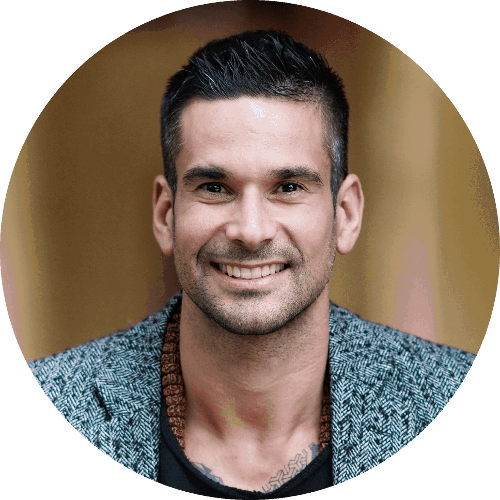Navigating the Heartache: Understanding Infidelity and Rebuilding Trust in Relationships
Infidelity can feel like a seismic event in a relationship, shattering trust and casting long shadows on what was once cherished. Yet, despite its prevalence, the subject often remains shrouded in mystery and stigma, leaving those affected to navigate their pain in silence. Today we explore the multifaceted nature of cheating and offers insights into rebuilding trust and healing.
Cheating isn’t confined to physical betrayal; it can also manifest through emotional affairs or online interactions that breach the trust between partners. Understanding the various forms of infidelity is crucial for those grappling with its repercussions. Often, the reasons behind cheating are complex, intertwining personal dissatisfaction, unmet emotional needs, or even unresolved childhood issues.
For the person who has been cheated on, the immediate aftermath is typically marked by a torrent of emotions—anger, sadness, confusion, and betrayal. It’s essential to honor these feelings and allow oneself the space to grieve the loss of trust. This is not just about losing faith in one’s partner but also questioning one’s judgment and grappling with a shattered sense of security.
Healing from such a deep wound requires time and, often, guided introspection. Engaging in open dialogues with a partner who has strayed can be part of this process, but it’s important to do so when emotions are not at their peak. Such conversations should aim to uncover the underlying issues that led to the infidelity, without resorting to blame. It’s about seeking understanding, not justification.
For the one who cheated, introspection is equally vital. It involves deep self-examination to understand the motivations behind their actions and the impact of these actions on their partner. Accepting responsibility and showing genuine remorse is the first step towards mending the broken pieces. It’s not just about asking for forgiveness but demonstrating through actions that one is committed to change.
Rebuilding trust is perhaps the most challenging part of recovering from infidelity. It can’t be rushed and requires consistent effort from both partners. Trust is rebuilt through transparency, consistent behavior, and the establishment of new, clear boundaries and agreements. It also means rebuilding the intimacy that was lost, which requires patience and empathy from both sides.
Support from professionals such as relationship coaches or therapists can be crucial in navigating this tough journey. They can offer tools and strategies to manage emotions, communicate effectively, and rebuild the relationship foundation, or, if necessary, to part ways with respect and dignity.
While cheating can devastate relationships, it doesn’t have to define them. With commitment to healing and understanding, couples can emerge from the trials of infidelity with a deeper, more resilient bond, or individuals can move forward with greater self-awareness and preparedness for future relationships.
Recovery from infidelity can also involve the wider circle of family and friends. While it’s natural to seek support, it’s crucial to choose confidants wisely. Sharing one’s hurt with a few trusted individuals can provide much-needed support and perspective. However, involving too many people or those who may hold a bias can complicate the emotional landscape and potentially impede the healing process. A balanced approach where support is both helpful and unbiased can foster a healthier recovery.
A relationship cannot sustain the aftermath of cheating. Not all relationships can—or should—survive infidelity. In some cases, the healthiest path forward is apart. Deciding to part ways does not equate to failure; rather, it’s an acknowledgment of the need for each person to grow and find happiness in environments that nurture trust and mutual respect. This decision, painful though it may be, can lead to personal growth and open the door to forming relationships that are more fulfilling in the future.



STEFANOS SIFANDOS
Relational Alchemist, Speaker & Author
KEEP READING

START WITH YOUR LOVE BLOCKS
Complete this assessment to uncover the exact blocks preventing you from attracting and experiencing the love and intimacy you truly desire
